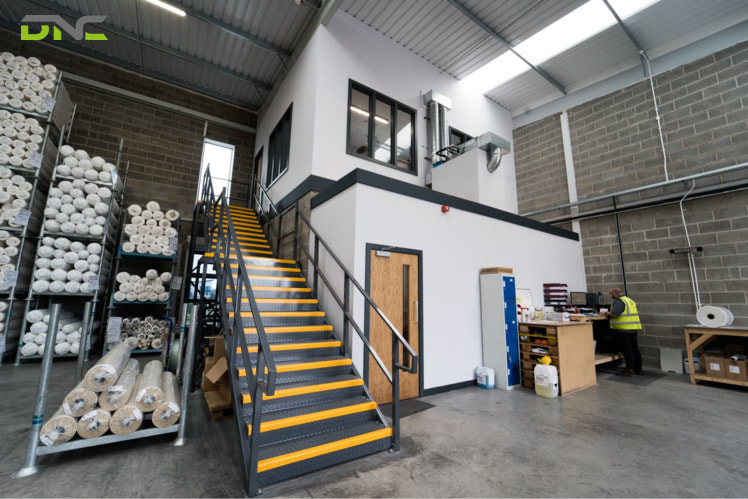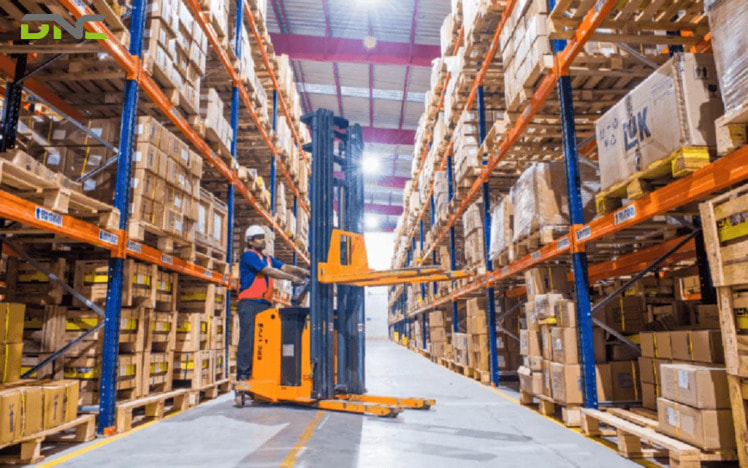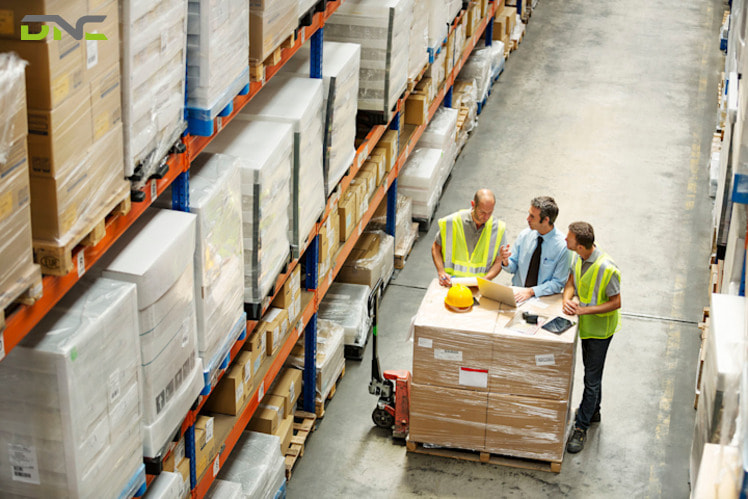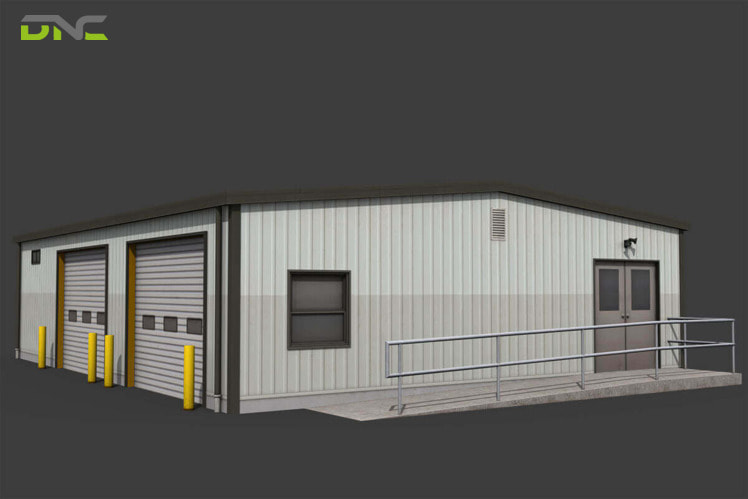What is a Mini Warehouse? Overview, price, application,…
In the context of increasing costs of renting premises and labor, the mini warehouse model – also known as small warehouse – is becoming the optimal choice for small and medium-sized businesses. This article will help you better understand mini warehouses, benefits, investment costs and important notes when implementing small-scale warehouse automation.
What is a Mini Warehouse?
A mini warehouse (also known as a small warehouse) is a storage model with a limited area, often designed to serve small and medium-sized enterprises (SMEs), business households, or medium-sized e-commerce units.
Unlike large logistics centers, mini warehouses focus on optimizing space, saving costs and increasing storage efficiency in a small area.
With the development of e-commerce and the need for flexible storage, mini warehouses are increasingly applied in urban areas, near residential areas or close to distribution centers.

What is a Mini Warehouse?
Some technical specifications for mini warehouse
- Warehouse area: 50 – 300 m²
- Storage capacity: 1,000 – 10,000 SKUs depending on the type of goods and the shelf system
- Shelf height: 2 – 6 meters (depending on the warehouse ceiling and picking equipment)
- Processing capacity: 100 – 1,000 orders/day
- Support system (optional): Mini conveyor, moving robot (AGV), sensor, barcode scanner; Warehouse management software (WMS)
- Power source: 1 phase (220V) or 3 phase (380V), depending on the equipment
What are the advantages of the mini warehouse model?
The mini warehouse model is increasingly popular thanks to its ability to meet storage needs in limited space flexibly. Here are the outstanding advantages:
- Saving investment costs: Compared to large warehouse centers, mini warehouses require much lower construction and operating costs, making it easy for small and medium-sized enterprises to deploy without large capital.
- Optimizing space usage: Mini warehouses are scientifically designed to maximize space, especially suitable for areas with small premises such as cities, residential areas, or cramped industrial parks.
- Speeding up order processing: Mini warehouses are often located near distribution centers or residential areas, helping to shorten delivery times, especially suitable for the fulfillment model in e-commerce.
- Flexible in expansion or relocation: Due to its small size, businesses can easily expand the mini warehouse to many different locations, or move the warehouse location when needed without affecting the entire system.
- Easy to automate: Thanks to its compact size, mini warehouses can easily integrate warehouse automation solutions, such as mini conveyors, smart shelves, or warehouse management software (WMS), helping to optimize operations without requiring a lot of personnel.

Advantages of the mini warehouse
What are the things to consider when implementing automation for mini warehouses?
After understanding the benefits and investment costs, many businesses begin to consider implementing automation for mini warehouses. However, to make the investment truly effective and avoid waste, you need to prepare carefully from the beginning.
Below are important notes to help the implementation process go smoothly and be suitable for the actual operation of the business.
- Clearly define the needs: Which part to automate? Inventory management, internal transportation or goods classification?
- Optimize the warehouse space before installation: Mini warehouses have limited space, so it is necessary to arrange shelves, aisles and operating areas reasonably so that automatic equipment can operate effectively and without obstruction.
- Choose the right management software: Choose a solution that is scalable and easily integrated with devices such as barcode scanners, sensors, or robots for convenient upgrades later.
- Deploy in small stages: Do not invest all at the beginning. Businesses can start with simple solutions such as barcodes, sensors, and then expand to conveyor systems or picking robots when the scale increases.
- Calculate clear costs and benefits: Estimate the payback period to ensure investment efficiency.

What are the things to consider when implementing automation for mini warehouses?
Is the cost of investing in mini warehouse automation high?
The cost of investing in mini warehouse automation depends on the size of the warehouse, the type of goods stored, and the level of automation that the business desires. Compared to traditional warehouses, the initial cost may be higher, but in the long run, it helps save on operations and increase profits.
With a small warehouse of 50–200m², you can start from around 6,000 – 20,000 USD. This investment level includes warehouse management software (WMS), smart shelving systems, mini conveyors or robots that move goods, and some tracking sensors.
Which businesses are mini warehouses suitable for?
Mini warehouses are suitable for small and medium-sized enterprises, business households or online sales units that need compact, low-cost storage. In addition, e-commerce startups, multi-channel stores, or businesses that need satellite warehouses near the city center are also very suitable for this model.
In particular, if you want fast delivery, easy inventory control, but do not have enough space or budget for a large warehouse, then a mini warehouse is a very worthy choice.
In short, a mini warehouse is an ideal choice for businesses that want to optimize storage costs, be flexible in rental time and have not too large a need for space. This is a warehouse model suitable for the modern business context, especially in the start-up or short-term growth phase.

Mini warehouses are suitable for small and medium-sized enterprises, business households or online sales units
Where to buy reputable mini warehouse systems?
If you are uncertain about where to purchase a mini warehouse system, DNC Automation is an excellent option for you. Many customers have trusted DNC to provide automation solutions in the production process and have had positive experiences because:
- DNC is a leading technology, automation, and engineering company in Malaysia with over 15 years of experience in the field of automation
- System integration machinery, Internet of Things (IoT), Industry 4.0, and WinCC Scada System
- Diverse designs and sizes are suitable for many domestic and foreign houses. The equipment is 100% genuine and imported from Malaysia.
Please contact us via the hotline below if you have any questions about the product, we are happy to answer you!
- 33 views
- 0 Comment




Recent Comments